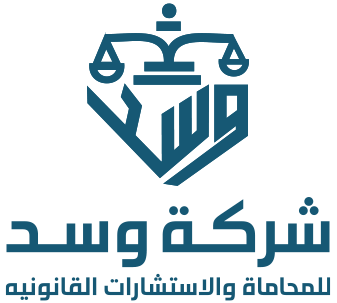
 10 March 2025
10 March 2025
Key Amendments to Saudi Arabia’s Labor Law and Their Impact
Saudi Arabia’s labor market is undergoing a major transformation with the latest amendments to the Kingdom’s Labor Law, approved by the Council of Ministers on August 6, 2024. These changes, which take effect on February 19, 2025, align with Saudi Vision 2030 and aim to create a more equitable and competitive labor environment. The amendments address key issues such as wages, employment benefits, contract termination, resignation procedures, and penalties for non-compliance. This article explores the most significant changes and their potential impact on employers and employees in Saudi Arabia.
Changes in Employee Benefits and Rights
One of the most notable amendments is the extension of maternity leave from 10 weeks to 12 weeks with full pay. Additionally, male employees are entitled to three days of paid parental leave within seven days of the child’s birth. Bereavement leave has also been expanded to three days for the death of a sibling.
In terms of compensation, employers now have the option to provide compensatory leave instead of overtime pay, subject to employee consent. Employers must also ensure that their employees receive either housing and transportation benefits or equivalent financial compensation.
Revisions to Employment Contracts and Termination Procedures
The amendments introduce clearer rules regarding probation periods and resignation procedures. The probation period has been extended to a maximum of 180 days, and this duration must be explicitly stated in the employment contract. Additionally, resignation is now formally defined as an employee’s written request to terminate a fixed-term contract without coercion. Employers must respond to resignation requests within 30 days, or the resignation will be deemed accepted. However, they can delay acceptance for up to 60 days if required for business operations.
For open-ended contracts, the notice period for termination has been adjusted to 30 days for employees and 60 days for employers. Furthermore, if a company is declared bankrupt by a court ruling, employment contracts can now be lawfully terminated.
Stricter Regulations for Non-Saudi Employees
The amendments introduce stricter rules for non-Saudi employees, particularly concerning work permit renewals and unauthorized employment. If an employer fails to comply with Saudization requirements or other conditions outlined in the executive regulations, the Ministry of Human Resources and Social Development (MHRSD) can refuse to renew work permits. Additionally, non-Saudi employees are now explicitly prohibited from working for third parties or engaging in personal employment.
Enhancing Equality and Training Programs
A significant step toward workplace equality is the introduction of a legal obligation for employers to provide equal opportunities for all employees, regardless of gender, race, age, or disability. While Saudization requirements remain in place, this amendment ensures non-discriminatory access to employment benefits. The amendments also reinforce the importance of employee training. Companies with 50 or more employees must train at least 12% of their Saudi workforce annually. This aligns with Vision 2030’s goal of enhancing local workforce skills and reducing reliance on foreign labor.
New Penalties for Non-Compliance
Employers must now obtain the necessary licenses from MHRSD to engage in manpower supply activities. Failure to comply with this requirement can result in fines ranging from SAR 200,000 to SAR 500,000. These penalties aim to regulate recruitment practices and prevent labor exploitation.
Conclusion
The 2024 amendments to Saudi Arabia’s Labor Law represent a significant step toward modernizing the Kingdom’s labor market. By improving employee benefits, clarifying contract termination rules, and enforcing stricter compliance measures, these changes create a more structured and equitable work environment. Employers must prepare for these reforms by updating their HR policies, revising employment contracts, and ensuring compliance with the new regulations. Ultimately, these changes support Saudi Arabia’s long-term vision of fostering a competitive and inclusive labor market.
For expert legal guidance, reach out to WASD Law Firm today. Our team is ready to assist with all your legal needs, from corporate compliance to dispute resolution.



